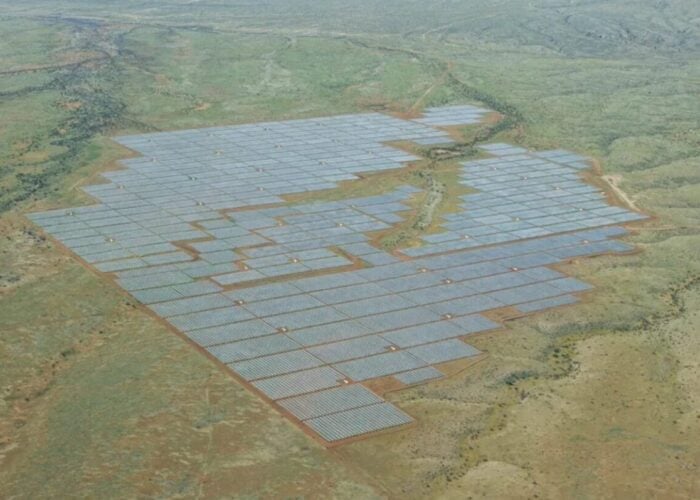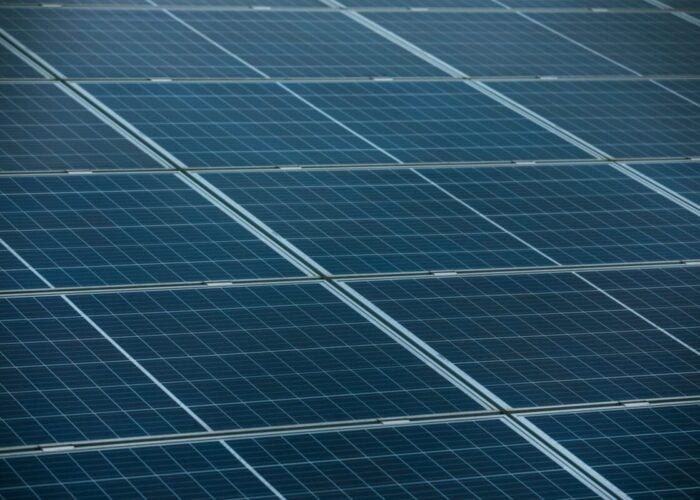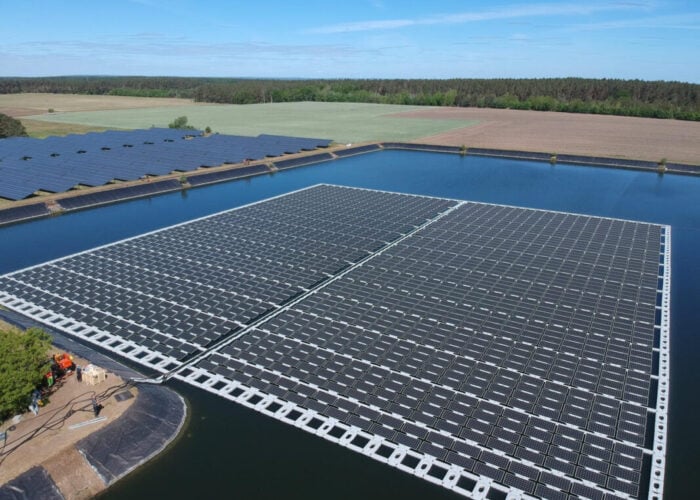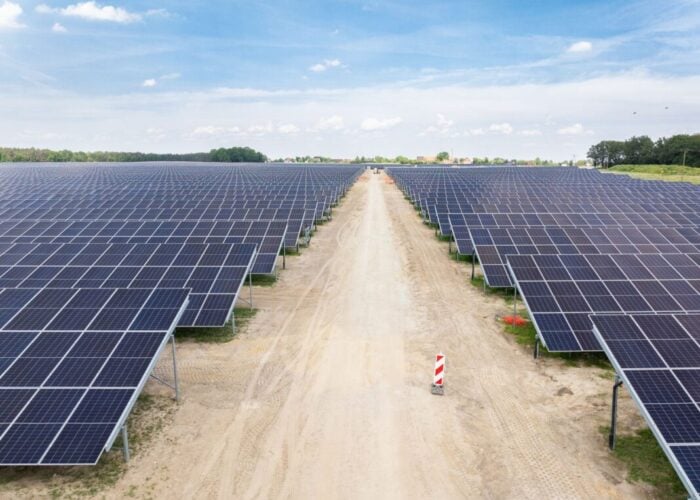Frost & Sullivan has released findings that a sunroof panel with solar cells can generate sufficient power to ventilate a vehicle interior. Currently, the auto industry is undergoing a move from the traditional internal combustion engines to battery powered motors. A combination of a more “green” thinking population, zero-emission vehicles, increased government spending on electric vehicles and the numerous vehicle prototypes are signs that electric vehicles could very well be dominate in the future.
“Solar cells are poised to achieve grid parity in the coming years,” says Frost & Sullivan Industry Analyst Roshan Devadoss. “Subsequently, solar cells costs will plummet, making them affordable for automotive applications.” Grid parity happens when the cost of electricity generated using solar cells is equal to the cost of that generated using fossil or nuclear fuels. Once grid parity is reached, solar cells will cease to be cost-intensive, leading to inexpensive automotive solutions.
Unlock unlimited access for 12 whole months of distinctive global analysis
Photovoltaics International is now included.
- Regular insight and analysis of the industry’s biggest developments
- In-depth interviews with the industry’s leading figures
- Unlimited digital access to the PV Tech Power journal catalogue
- Unlimited digital access to the Photovoltaics International journal catalogue
- Access to more than 1,000 technical papers
- Discounts on Solar Media’s portfolio of events, in-person and virtual
While electric vehicles deal with criticism in regards to their increased energy consumption, the idea of using renewable energy is a persuasive solution. Unfortunately, one of the biggest limitations for the use of solar panels in automotive applications is the extra weight they add. Polysilicon panels are heavy and apply a drag on the vehicle, which in turn reduces the range and life of the battery on the electric or hybrid vehicle. The other commercially available solution, thin-film solar cells, might be an alternative to the polysilicon panels. Thin-film solar cells are flexible and light-weight in comparison to polysilicon cells, though they have a lower efficiency rating than the polysilicon.
Auto makers are investigating the use of thin-film technologies that are commercially available and have designed concept vehicles using them. Third-generation solar cells are under development and will more than likely be installed in the interior of the vehicles as well as on the roofs, doors and windows.






